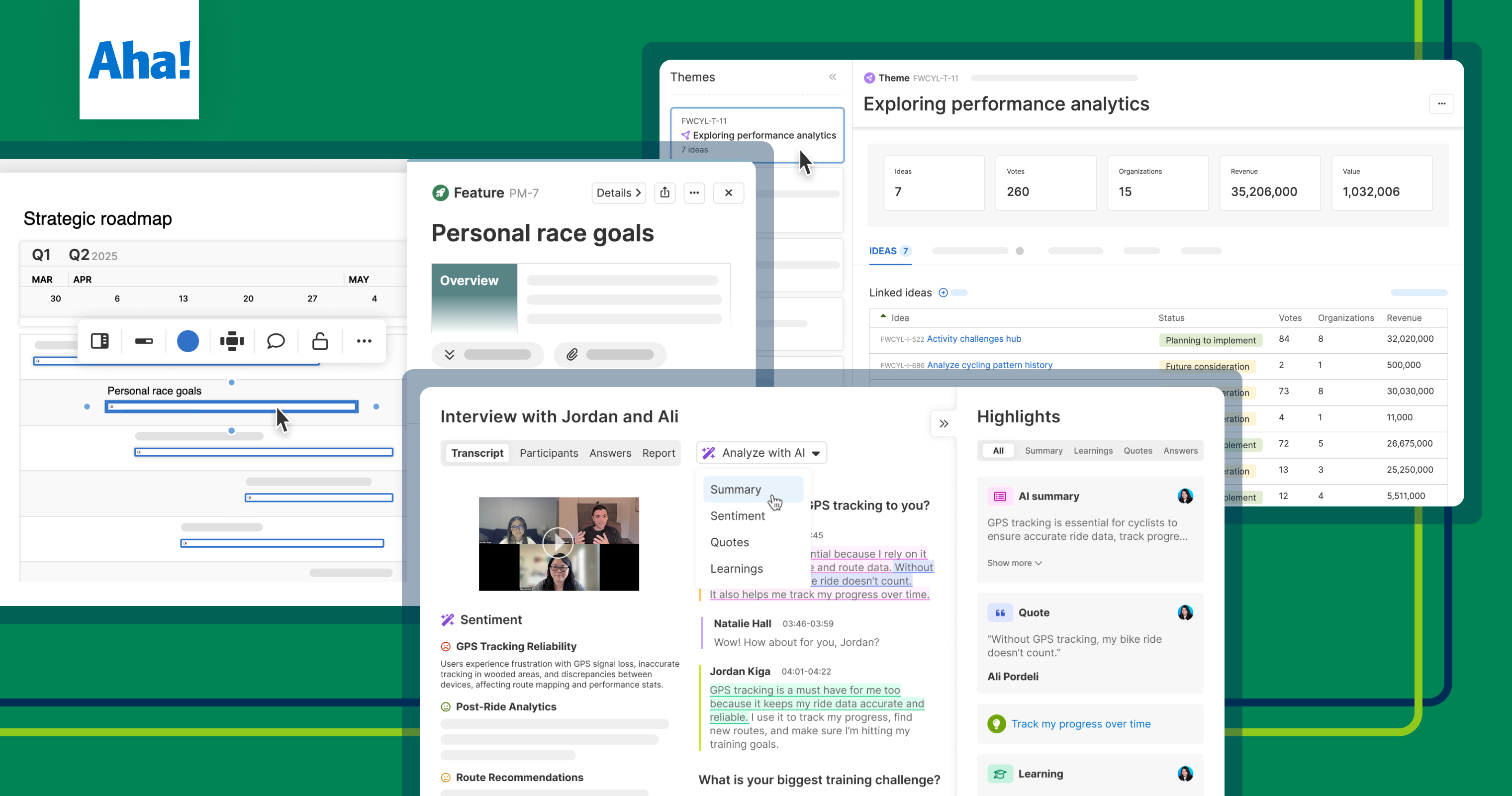my promotion was canceled because of budget, a problematic coworker wants to join an allies group, and more
This post was written by Alison Green and published on Ask a Manager. It’s five answers to five questions. Here we go… 1. My promotion was canceled because of budget … but I’m still doing the work I’m an employee at a university paid through federal funding. Last month, my manager submitted a promotion for me. After some back and forth, it was approved all the way up […]

This post was written by Alison Green and published on Ask a Manager.
It’s five answers to five questions. Here we go…
1. My promotion was canceled because of budget … but I’m still doing the work
I’m an employee at a university paid through federal funding. Last month, my manager submitted a promotion for me. After some back and forth, it was approved all the way up and down the chain by everyone and just waiting for the last signature to be finalized. At the last second, two days before the deadline, upper management said that due to funding uncertainty the promotion was cancelled. Unfortunately, I don’t expect this uncertainty to resolve any time soon, so who knows when that promotion will actually go through.
The main problem is, I was doing work at this higher level in order to demonstrate that I was ready for promotion, and now that I know it’s not coming, I’m not particularly interested in doing that high level work anymore. It’s one thing to hear that you aren’t getting a promotion early on, but this has been in discussion for six months and I’m pretty upset that it was cancelled at the last possible second. I would prefer to go back to doing individual contributor work. Another factor is that although there are several people with informal “lead” titles on my team, I don’t have one, despite doing the same level work.
How can I pull back on doing extra work without looking unprofessional and salty? Should I ask for a “lead” title, which is somewhat meaningless, but at least would look good on my resume since I don’t have the higher position? I am also concerned about getting laid off, so a lot of this stems from wanting to accurately represent my actual work on my resume!
You could say, “I understand the situation we’re in with funding, but I’ve been doing higher level work for six months specifically to earn the promotion. Since that’s been canceled, I need to pull my work back to the level I’m being asked to stay at.”
This can be tricky, because a lot of organizations are big on “you have to do the work in order to move to the next level.” But you’ve been doing the work, and they’ve told you there’s no reward coming right now, so it’s not unreasonable to decide to recalibrate. That said, there can be advantages to your resume to continuing to do it anyway; if you’ll be able to put experience and accomplishments on your resume that you otherwise wouldn’t have, and which you can parlay into your next job somewhere else, you should factor that in, too. If that feels like an advantage you don’t want to give up, then you should definitely ask for the lead title, framing it as, “I’d at least like a lead title like others doing this level of work have, even if it’s not a formal promotion.”
Related:
can I refuse more work without a raise?
2. Do we have to let a problematic coworker join an allies group?
I’m a non-binary trans person (pronouns: they/them) at a workplace where non-binary people constitute about 1 in 10 people, which is great. But we have had some issues with misgendering from colleagues that I have spent a lot of time with HR on resolving (gender identity is a protected status in my state, in addition to nationwide). We’ve largely resolved the issue in that I’m no longer being actively misgendered at work, but the whole situation has left me slightly wary of the two main offenders.
I’m now going to be starting an LGBT + allies ERG (employee resource group) at my work, and I know at least one of the main offenders of the misgendering is likely to volunteer to join as an “ally” because she is, well, a bit oblivious. What do I say if she expresses interest? Including her would mean we wouldn’t be able to discuss as openly as I would like to because of her previous behavior but also I don’t want to have to deal with her consternation over being told no because as well intentioned as she may be, her actions speak way louder. What do I do?
Let her join. Legally, while ERGs can focus on supporting specific communities, they can’t limit participation based on demographics; they have to be open to all employees. If someone joins and is then disruptive, you can remove them from the group based on that behavior, but you can’t preemptively block them from joining.
And of course, best case scenario, she might learn something. That doesn’t address your concern about her presence inhibiting open discussion, but given the legal restraints you’re operating within, that’s likely the best way to look at it.
3. How to manage my boss’ calendar when I don’t have autonomy
I recently started a new job where a major part of my role involves admin support for an executive. I’m a highly organized person, but managing their calendar has been overwhelming, even for me.
One major challenge is that I don’t have autonomy over the calendar. My boss requires me to run every single meeting request by them before anything gets scheduled. There have been times when I knew they were free, so I took the initiative to schedule something, only to be reprimanded for not checking first. This creates a constant back-and-forth for every request, delaying my ability to confirm or decline meetings with others. It’s time-consuming, inefficient, and stresses my boss out when I spam them with meeting requests.
Complicating things further, my boss—while very senior—isn’t the CEO. There’s a group of four other top executives whose meeting requests always take priority. When any of them request time, my boss is expected to accommodate, even at short notice. The same applies to meetings with clients, which often come up without much warning and typically must be accepted.
This means that most meeting requests are either urgent or involve clients, making 80% of meetings essentially non-negotiable. Even when my boss tells me, “Don’t schedule anything for ____ time,” those holds often end up getting overridden because of higher-priority meetings. And I still have to check in every time, which adds to the overwhelming communication flow.
Because of all this, I find myself pinging my boss throughout the day with meeting requests, so much so that I worry I’m being annoying or redundant. I was hired to be a problem-solver and to make my boss’s life easier, but it feels like I’m just a middle-person in a never-ending scheduling maze.
I’m struggling with how to streamline this process without stepping out of bounds. I want to be proactive and take things off my boss’s plate, but I don’t have the authority or clarity to do that confidently. It’s discouraging, and I feel stuck.
Talk to your boss! Ask if they’re happy with you pinging them throughout the day or if it’s disruptive and they’d prefer something else. It might turn out that they’re fine with it and this is their preference — in which case, the challenge for you is to just work on getting comfortable with that. It’s also possible that as you work together longer, you’ll develop more of a sense of how they do/don’t want to schedule things, they’ll see that, and they’ll let you do it more autonomously. But that may just take time.
However, if the current system isn’t working well for them, you could suggest a daily check-in (maybe every afternoon, whenever you can grab them for two minutes) where you run down all the meeting requests that have come in since you last talked. You can also ask whether there are categories of meetings you can schedule without confirming with them first (like maybe those execs whose requests always take priority and/or important clients).
4. What the highest number of people a manager can effectively manage?
I currently work at a baby-mega corp (8,000 employees), and previously worked at an F100 with over 200,000 employees. In both places, I have come across the idea (promoted by outside consultants in both cases) that the “ideal” maximum number of direct reports for a manager was between 4-7 people.
Is there any research behind this, or does this depend more on the nature of the role? I’m a “working manager” myself — I manage three people, mentor three less senior employees (who don’t report to me), and am expected to maintain a full substantive workload on top of managing. In contrast, I assume (and would hope!) that the person with a lot of directs is expected to be more focused on managing others’ work — but even so, I’d be curious to hear your perspective on how numbers impact effectiveness.
It does vary based on the type of jobs you’re managing, but for most professional jobs in general it’s rough to directly manage more than six or so people, at least if you want to do it effectively (meaning that you’re reviewing and evaluating work, giving feedback, setting and monitoring progress on big picture goals, spotting and addressing problems, giving people meaningful opportunities for input, helping them develop their skills, dealing with performance issues, keeping an eye on culture and morale, and through all of that being accessible and having the normal ad hoc conversations that are part of working with/managing people).
In some cases where the people being managed are doing either very rote work or very independent work, it could be a higher number, but generally once you go past that point you need to build in some layers of management in between.
And yes, if you’re expected to produce a significant body of your own work on top of managing a team, that affects the calculation as well.
5. I’m not getting my accrued vacation time when I switch agencies
I work for a city agency. Let’s call them Agency A. I’ve been with A for a year and six months. I found a new position with Agency B. I gave notice on 4/4 and my last day was supposed to be 4/18.
But on 4/16, I got an email stating that I’m still a provisional employee, not a permanent one. As such, I cannot transfer to Agency B and must resign. As a resigning employee, I also can’t bring any of my accrued time with me to B. Also, Agency A does not pay out any accrued time for resigning or retiring employees. My manager told me that he’s seen people with 30 + years at the agency lose their accrued time upon retirement.
I said if that’s the case, then there’s no reason for me to finish out my notice period. I’m leaving and 4/16 will be my last day. I was told that only the director of the agency has the authority to grant my “request.” He was in a meeting and didn’t get back to me until after 6 pm. He said my request is denied because no one can request vacation the night before. You need to give advance notice and have your manager’s approval. Request denied. Report to work.
I’ve calmed down a little, but internally I’m still seething! I called my union but no one has gotten back to me yet. Is there anything I can do? What are your thoughts?
I’m answering too late for you to implement this advice, but in case it’s still useful for you or others:
There’s not really anything you can do; these are their policies and they are legal ones (as long as your state doesn’t require vacation payout upon departure, which I’m guessing it doesn’t — and even if it does, public employees are sometimes exempted). The only part that’s really in your control is whether you work out your notice period or not. Did your director think you were asking to use vacation time for the rest of your notice period? Because that’s the only thing in their power to approve or deny; they can’t stop you from simply leaving.
You do have the option of saying “sorry, but 4/16 was my last day” … but the downside of that is that not finishing a notice period can mean you’re ineligible for rehire and can affect the kind of references you get. Since we’re only talking about a two-day difference, that’s less likely to happen, but it’s still something you’d want to factor in.




































































































![Building A Digital PR Strategy: 10 Essential Steps for Beginners [With Examples]](https://buzzsumo.com/wp-content/uploads/2023/09/Building-A-Digital-PR-Strategy-10-Essential-Steps-for-Beginners-With-Examples-bblog-masthead.jpg)





![How One Brand Solved the Marketing Attribution Puzzle [Video]](https://contentmarketinginstitute.com/wp-content/uploads/2025/03/marketing-attribution-model-600x338.png?#)





























